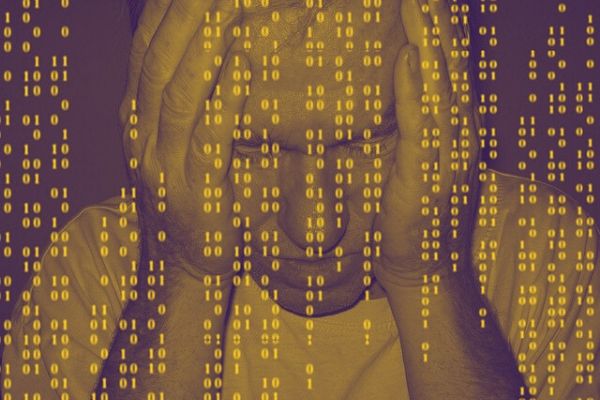According to a recent Medium post, counterattacks are what restored Bitcoin Gold after a recent 51% attack. The researchers from MIT Media Lab’s Digital Currency Initiative said that enabling counterattacks on hash rate marketplaces could help to discourage attackers from trying such a costly endeavor.
The Bitcoin Gold Attack
The researchers from MIT Media Lab’s Digital Currency Initiative recently examined a 51% attack on Bitcoin Gold. During their research, they found that counterattacks had helped to restore the blockchain.
James Lovejoy published the results of the study in collaboration with two MIT DCI researchers Neha Narula and Dan Moroz. Lovejoy is the person who publicized the Bitcoin Gold 51% attack at the start of 2020.
The CounterAttack
Between January and February 2020, the Bitcoin Gold blockchain suffered a series of attacks. The attacks involved re-organizing the chain, double spending as well as 51% attacks. To carry out the attack, the hacker would have needed to own a huge amount of hash power.
At the time, the MIT DCI team published those attacks. They have been monitoring attacks on blockchains for a while now. Since then, the researchers have discovered there was a counterattack to restore the blockchain.
The researchers stated that the attack was typical and it involved reversing transactions as part of a double-spend attack. However, the attack was itself attacked and the original transaction was restored. On February 8, 2020, the attacker and the counter attacker were engaged in a back and forth four times over 2.5 hours. Eventually, the counterattack won and the double-spend was invalidated. On February 9 and 11, there were two other counterattacks, which helped to restore Bitcoin Gold.
It Might Not Have Been an Attack
While it appears to have been an attack at first glance, the MIT DCI team speculates that it might not have been. They suspect that it was a single person on both sides of the attack. For instance, it might have been an exchange, which was testing the resiliency of the Bitcoin Gold blockchain. Their suspicions are supported by the fact that in one of the counterattacks, there was no double spend, which would indicate that protecting profits was not the objective. Besides that, they claim that it might have been a software bug that caused reorgs to arise by themselves. However, researchers conclude this scenario is unlikely. However, they cannot rule out that the counter attacks were what they appeared to be.
NiceHash Might be Innocent
NiceHash allows clients to rent hash power, which is crucial to a 51% attack. For instance, the service was used during the Vertcoin attack. The researchers noted that the hash power offered on NiceHash was more than enough to attack Bitcoin Gold.
Despite this, the researchers claim they could not find enough evidence to support the theory that hash power rented on NiceHash was used in the Bitcoin Gold attack. The reason is that the Bitcoin Gold hash rate often fluctuates even when there are no attacks. They even proposed that services such as NiceHash could be useful for counterattacks, which would serve to deter hackers from attempting an attack.
Image Source: Pixabay
Notice: Information contained herein is not and should not be construed as an offer, solicitation, or recommendation to buy or sell securities. The information has been obtained from sources we believe to be reliable; however no guarantee is made or implied with respect to its accuracy, timeliness, or completeness. Authors may own the crypto currency they discuss. The information and content are subject to change without notice. Visionary Financial and its affiliates do not provide investment, tax, legal or accounting advice. This material has been prepared for informational purposes only and is the opinion of the author, and is not intended to provide, and should not be relied on for, investment, tax, legal, accounting advice. You should consult your own investment, tax, legal and accounting advisors before engaging in any transaction. All content published by Visionary Financial is not an endorsement whatsoever. Visionary Financial was not compensated to submit this article Please also visit our Privacy policy; disclaimer; and terms and conditions page for further information.

